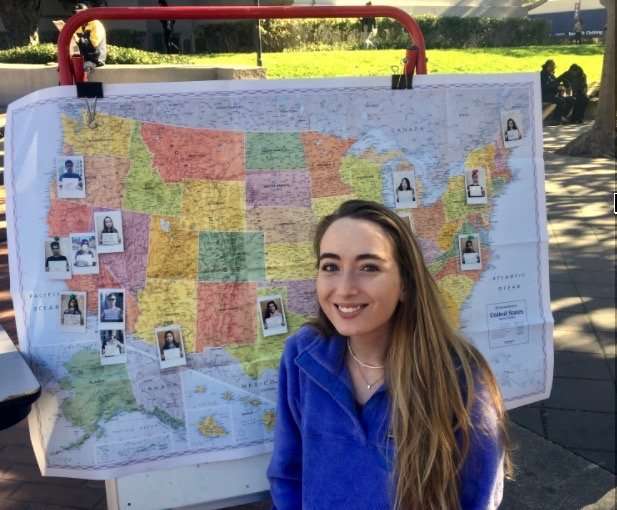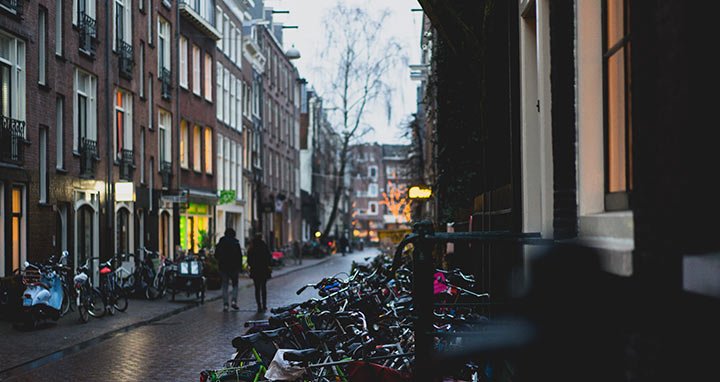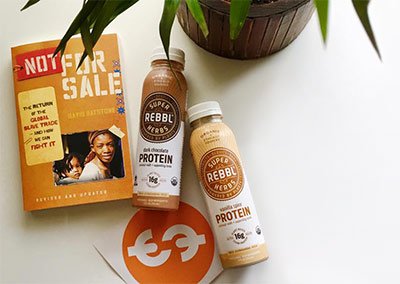Globally consumed at the rate of two billion cups a day, coffee is the world’s second most traded commodity. The market pressures that result from this high demand can push producers to commit labor rights abuses as severe as human trafficking. This is a concern especially in regions affected by poverty, where vulnerable communities are more susceptible to exploitation. In order to minimize human rights violations within this industry, it is up to us, the consumers, to demand products that hail from a fair, transparent supply chain. We have the power and responsibility to hold enterprises accountable and call for a shift in labor practices.
That’s why I’m leading the Conscious Coffee Project. Sponsored by the Anti-Trafficking Coalition at Berkeley, Conscious Coffee is an effort to foster a supportive network of cafes near the UC Berkeley campus that sell ethically sourced coffee. We will feature this network on a website and app geared toward students, both of which will serve as informational tools while operating through a financial incentive– users who frequently shop within the network can earn rewards like a free cup of coffee from their favorite cafe

Because human trafficking is such a huge, complex phenomenon, it can be difficult to figure out how to work toward its eradication in a meaningful way. My internship at Not For Sale this semester has taught me that it is not enough to throw money at a cause, trying to fix the problem after the damage has already been done. We must seek innovative solutions to prevent vulnerability to exploitative situations from taking root in the first place. As consumers and changemakers, our voices and minds are integral to the abolition movement. Together, through entrepreneurship, innovation, and technology, let’s stand up for our values and make a sustainable impact!

The Court Rejected Her, So Faida Fought for Herself
She had bruises. She had scars. And she had stories of abuse. But she didn’t have enough evidence of trafficking, according to the Netherlands courts.
The courts threw out her case.
Faida had escaped slavery in Amsterdam. And she needed help.

REBBL
It’s an unjust reality that many of nature’s invaluable, treasured ingredients are grown by people living at the margins of the global economy. Today’s supply chains must be rebuilt to empower the people involved, and create opportunities where there are none. A core...

Dignita
Dignita Restaurant evolved from our original Amsterdam concept -- a soup company which served the women working in Amsterdam’s sex industry. This soup was made in a culinary training program which was given to vulnerable woman living in a shelter for victims of human...

St. Clare
St. Clare Coffee stands out in San Francisco’s crowded coffee scene. Nestled inside the city’s financial district, St. Clare Coffee’s flagship cafe employs and provides training for survivors of trafficking and at-risk youth in San Francisco. St. Clare Coffee is also...

Not For Sale Ale
In August 2015, Not For Sale Netherlands opened up the doors to an award-winning new restaurant in Amsterdam. Dignita is a unique social enterprise designed to provide certified training and employment to individuals at risk to exploitation, while offering a...

Z Shoes
For far too long the production of shoes has relied on sweatshops and toxic materials. The producers of shoes are treated unfairly as the lowest cost in the production process. And nearly every shoe we have in our closet today will be in sitting in a landfill when our...

